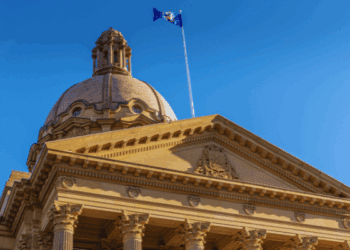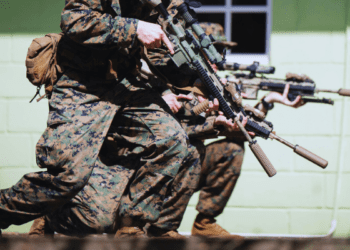By Janet Ajzenstat
I’m struck by Charles Blattberg’s analysis of the CBC’s Vote Compass in the Montreal Gazette yesterday (April 27):
More than 1.5 million Canadians have been led astray by the CBC Vote Compass. So far, those who have complained about the exercise, in which voters answer a survey to help determine which party’s platform most corresponds to their political views, have done so because they believe that it is biased in favour of one party in particular.
My concern is different: It is with what the Vote Compass says about Canadians’ common sense as regards politics.
Those who designed the Vote Compass believe it to be neutral. We see this in their assumption that our various political positions – on Afghanistan, the economy, gay marriage, and so on – are not like apples and oranges but commensurable and so capable of being plotted by a machine. But whether they are right or wrong about this (they’re wrong), much can be gleaned from examining their assumptions about what will pass muster as neutral, since these things say a great deal about what is taken for granted in Canadian politics today. Let me offer three examples.
The first has to do with Quebec, and the Vote Compass statement that “Quebec should be formally recognized as a nation in the Constitution.” Yet the English version of the 2006 recognition motion that passed overwhelmingly in the House of Commons refers not to “Quebec” but to the “Québécois,” and the use of this French word suggests that the nation in question is that of Frenchspeaking Quebecers.
Theirs is indeed a national community, one that ought to be distinguished from the larger political community that is Quebec, the latter including all Quebec citizens. Yet though this idea, that a nation is largely but not exclusively a cultural community, happens to have the merit of being true, Trudeauists and Quebec sovereignists alike continue to believe that a state’s citizenry ought to be equated with the membership of a single nation.
This assumption is based on that obsolete “nationstate” model of what a country is. Because of it, many of the perhaps thousands of nations in the world today believe that they can be fully free only if they can add their own seat to the 192 at the (tragically misnamed) United Nations. One has only to do the math to see that this is a recipe for disaster. Thank you “neutral” Vote Compass.
There are other nations in Canada besides the Québécois, and this leads me to a second problem with the Vote Compass: the absence of any mention of aboriginals. It says a great deal that where one stands with respect to the place of aboriginals in Canada is not considered a significant-enough indicator of party preference.
Finally, of the 18 parties registered with Elections Canada, the Vote Compass recognizes only five “major” ones. Whether or not it is possible to come up with a neutral definition of “major” (it isn’t), the assumption that the excluded parties’ positions are not even worth considering is very odd.
Yet perhaps it is no more odd than the very idea that we can approach politics neutrally.
[From The idea file]




